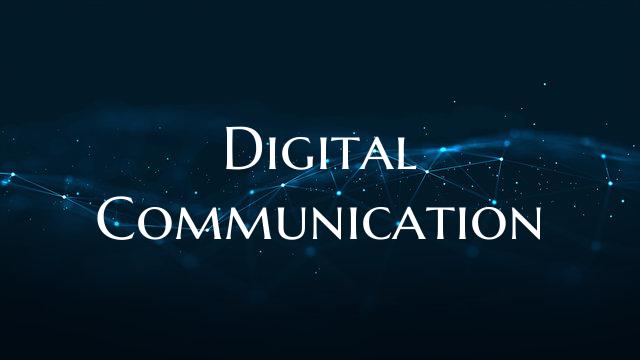Digital Communication
In the fast-paced digital age of the 21st century, communication has undergone a monumental transformation thanks to the advent of digital technology. Digital communication refers to the exchange of information through electronic devices like computers, smartphones, and tablets using various forms such as text, images, videos, and audio. This shift has revolutionized the way individuals and businesses connect and interact with each other on a global scale.
One of the most significant advantages of digital communication is its speed and efficiency. Messages can be transmitted instantaneously across vast distances, allowing for real-time conversations and collaborations. This has facilitated global business operations, enabling companies to engage with clients, partners, and employees worldwide in a seamless and efficient manner. The ability to reach a broader audience quickly has also transformed marketing and advertising strategies, making it easier for businesses to promote their products and services to a global market.
Furthermore, digital communication has democratized access to information and knowledge. The internet serves as a vast repository of resources, allowing individuals to educate themselves, stay informed on current events, and connect with like-minded individuals across the globe. Social media platforms have become powerful tools for networking, advocacy, and social change, enabling people to raise awareness about important issues and mobilize support for various causes.
In addition to its benefits, digital communication also presents challenges such as information overload, privacy concerns, and the spread of misinformation. As we navigate this digital landscape, it is crucial to develop critical thinking skills and digital literacy to discern reliable sources from fake news and protect our personal information from cyber threats.
Overall, digital communication has revolutionized the way we connect and engage with the world around us. By harnessing the power of digital technology responsibly and ethically, we can leverage its potential to bridge gaps, foster understanding, and build a more connected and inclusive global community.

